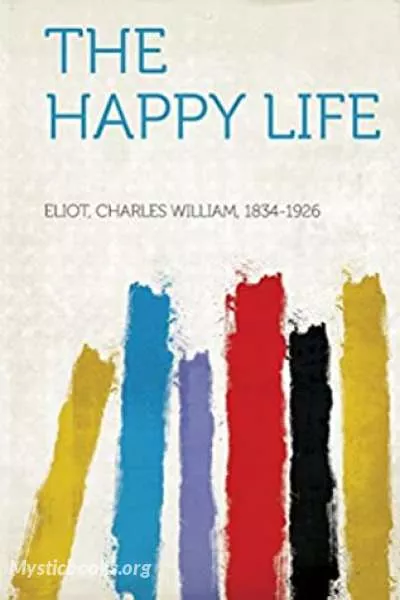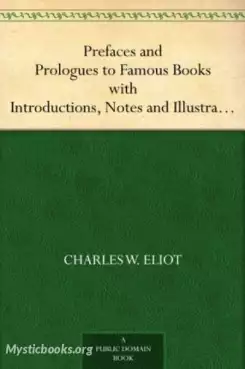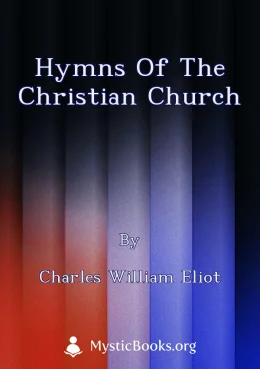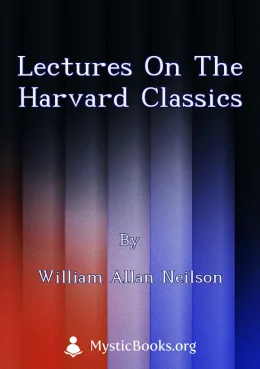
Timeline
Title
Country/Nationality
Charles William Eliot
Charles William Eliot was an American academic who was selected as Harvard's president in 1869. A member of the prominent Eliot family of Boston, he transformed the provincial college into the pre-eminent American research university. Eliot served until 1909, having the longest term as president in the university's history.
Charles Eliot was a scion of the wealthy Eliot family of Boston. Eliot graduated from Boston Latin School in 1849 and from Harvard University in 1853. He was later made an honorary member of the Hasty Pudding.
Although he had high expectations and obvious scientific talents, the first fifteen years of Eliot's career were less than auspicious. He was appointed Tutor in Mathematics at Harvard in the fall of 1854, and studied chemistry with Josiah P. Cooke. In 1858, he was promoted to Assistant Professor of Mathematics and Chemistry. He taught competently, wrote some technical pieces on chemical impurities in industrial metals, and busied himself with schemes for the reform of Harvard's Lawrence Scientific School. But his real goal, appointment to the Rumford Professorship of Chemistry, eluded him.
Eliot's approach to investigating European education was unusual. He did not confine his attention to educational institutions, but explored the role of education in every aspect of national life. When Eliot visited schools, he took an interest in every aspect of institutional operation, from curriculum and methods of instruction through physical arrangements and custodial services.
In the 1800s, American colleges, controlled by clergymen, continued to embrace classical curricula that had little relevance to an industrializing nation. Few offered courses in the sciences, modern languages, history, or political economy — and only a handful had graduate or professional schools.
Early in 1869, Eliot had presented his ideas about reforming American higher education in a compelling two-part article, "The New Education," in The Atlantic Monthly, the nation's leading journal of opinion. "We are fighting a wilderness, physical and moral," Eliot declared in setting forth his vision of the American university, "for this fight we must be trained and armed." The articles resonated powerfully with the businessmen who controlled the Harvard Corporation. Shortly after their appearance, merely 35 years old, he was elected as the youngest president in the history of the nation's oldest university.
On October 27, 1858, Eliot married Ellen Derby Peabody of Salem Massachusetts (1836–1869) in Boston at Kings Chapel.
The Nobel Prize-winning poet T.S. Eliot was a cousin and attended Harvard from 1906 through 1909, completing his elective undergraduate courses in three instead of the normal four years, which were the last three years of Charles' presidency.
After Ellen Derby Peabody died at the age of 33 of tuberculosis, Eliot married a second wife in 1877, Grace Mellen Hopkinson (1846–1924).
Eliot retired in 1909, having served 40 years as president, the longest term in the university's history, and was honored as Harvard's first president emeritus. He lived another 17 years, dying in Northeast Harbor, Maine, in 1926, and was interred in Mount Auburn Cemetery in Cambridge, Massachusetts.
Books by Charles William Eliot

Prefaces and Prologues to Famous Books
Charles W. Eliot, 21st President of Harvard University, edited this volume of prefaces ... authored by a Who's Who of World Literature: Bacon, Calvin, Caxton, Condell, Copernicus, Dryden, Fielding, Goethe, Heminge, Hugo, Johnson, Knox, Newton, Raleig...

Hymns of the Christian Church
A collection of classic Christian hymns spanning the centuries. Some LibriVox volunteers read the hymns; others sung them. (Summary by Leon Mire)

Lectures on the Harvard Classics
This book is a series of lectures on the contents of The Harvard Classics, a collection of literary materials compiled by Charles William Eliot. The lectures are designed to help readers understand and appreciate the works in the collection, and to e...